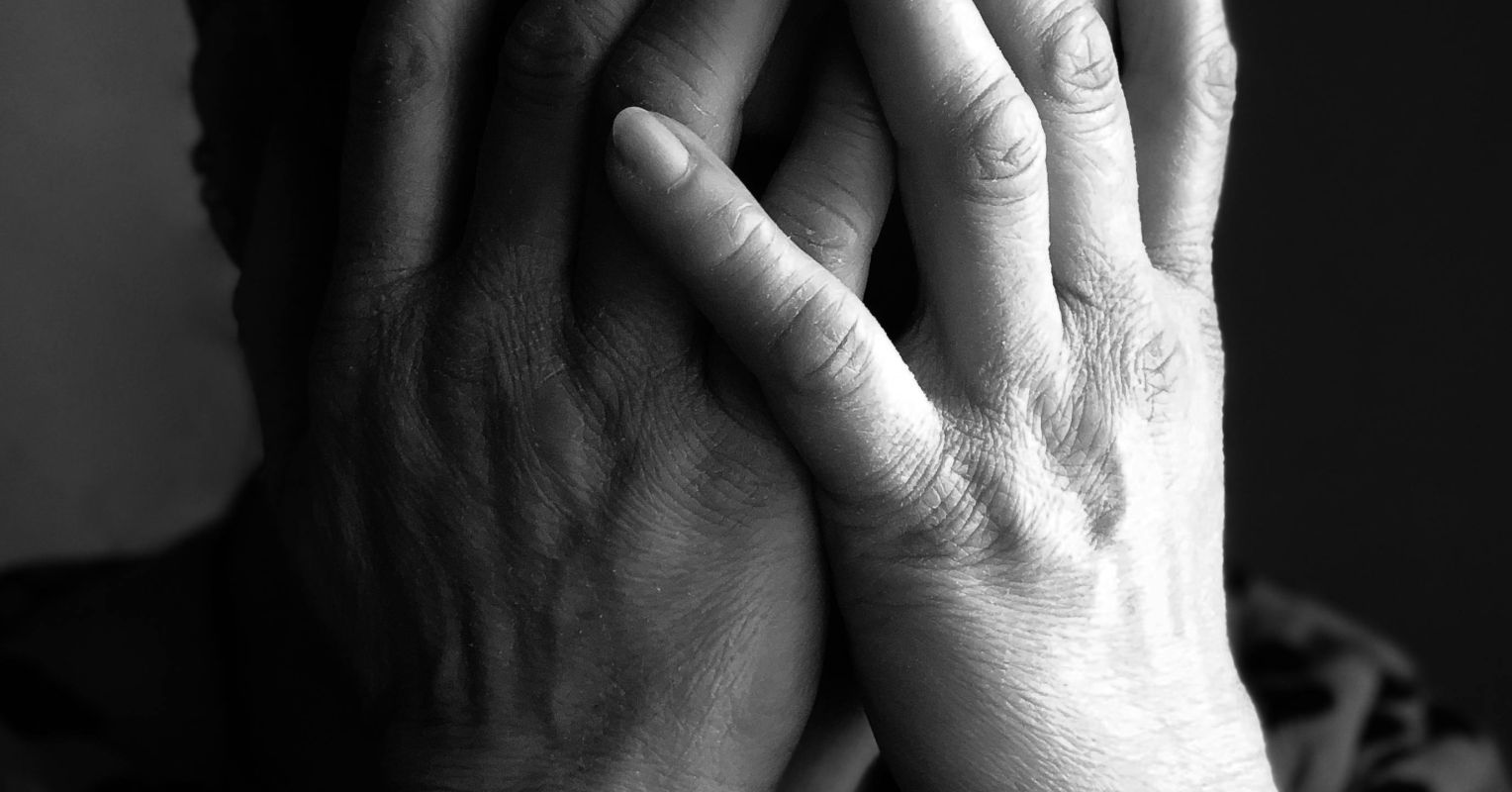
"Stonewalling isn't manipulation. It's a survival response to feeling unsafe during conflict, resulting in emotional shutdown, silent treatment, and physical distance."
"John Gottman found stonewalling to be one of the four horsemen, a top predictor of divorce, intensifying after criticism, contempt, and defensiveness."
"Research shows that stonewalling occurs mainly in men due to higher physiological reactivity; when women stonewall, it may predict relationship breakdown."
"In Porges' research, stonewalling is a freezing response where the autonomic nervous system shuts down communication abilities, making it difficult to stop."
Stonewalling occurs when individuals emotionally shut down during conflict, manifesting as silent treatment and physical distance. It is often a response to feeling unsafe and is linked to higher divorce risks in research by John Gottman. His findings indicate that stonewalling commonly follows criticism and defensiveness, with men showing higher physiological reactivity. Porges' polyvagal theory associates stonewalling with a freezing response in the autonomic nervous system, complicating communication. Shame often accompanies this behavior, but it's important to recognize it as a warning sign rather than intentional manipulation, fostering relationship healing.
Read at Psychology Today
Unable to calculate read time
Collection
[
|
...
]